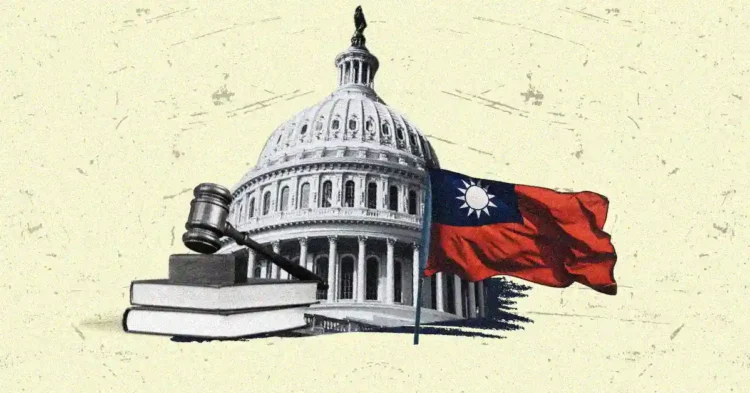As the global landscape for cryptocurrency continues to evolve, Taiwan is among several countries, including Singapore, Iran, Dubai, the UK, and India, actively working on creating robust, transparent laws aimed at protecting investors from fraud and scams. Amid this global push, Taiwan is accelerating its efforts to regulate the crypto market, with significant changes coming into effect as early as November 30, a month ahead of schedule. This urgency is partly attributed to the “Trump effect,” which has propelled Taiwan to take decisive steps against crypto fraud.
What’s New for Crypto Companies?
In an unprecedented move, Taiwan is requiring all crypto exchanges and service providers, both local and international, to register with the Financial Supervisory Commission (FSC) and adhere to enhanced anti-money laundering (AML) regulations. These rules mandate that any company wishing to operate in Taiwan must establish a local presence. Failure to comply will result in severe consequences, including hefty fines and potential imprisonment for up to two years.
These regulations are not solely focused on preventing money laundering. They also demand that crypto companies bolster transparency by maintaining comprehensive transaction records and implementing clear procedures for the listing and delisting of cryptocurrencies. Additionally, the FSC is intensifying its scrutiny on how exchanges manage customer data and safeguard user funds.
Why the Rush?
The FSC’s decision to expedite these regulatory changes stems from growing public concern over crypto-related fraud. Jin-Lung Peng, Chair of the FSC, has stated that the new framework is designed to protect consumers, enhance market safety, and boost crypto adoption. The urgent implementation of these measures reflects Taiwan’s commitment to combating fraudulent activities and ensuring a secure environment for cryptocurrency investors.
Penalties for Non-Compliance
This week, notable Taiwanese exchanges such as MaiCoin and BitoPro faced fines amounting to NT$1.5 million (approximately $45,000) for failing to comply with existing AML rules. Their inability to adequately monitor transactions and verify the sources of customer funds underscores the government’s heightened vigilance in enforcing these new standards.
Expert Opinions
According to crypto lawyer Kevin Cheng, the newly introduced regulations provide a more stringent oversight framework for virtual asset service providers (VASPs). These measures extend beyond AML requirements, offering enhanced consumer protection and improved data security.
In essence, Taiwan is paving the way for self-regulation in the crypto sphere, perfectly timed as the market remains bullish and Bitcoin approaches the much-anticipated $100K milestone by year-end. Furthermore, with geopolitical shifts, including Trump’s influence, countries like Russia, Hong Kong, and Singapore are keen to expedite their crypto adoption strategies. Taiwan’s solid crypto foundation, coupled with these new regulations, is poised to bolster investor confidence and propel the industry to new heights.










